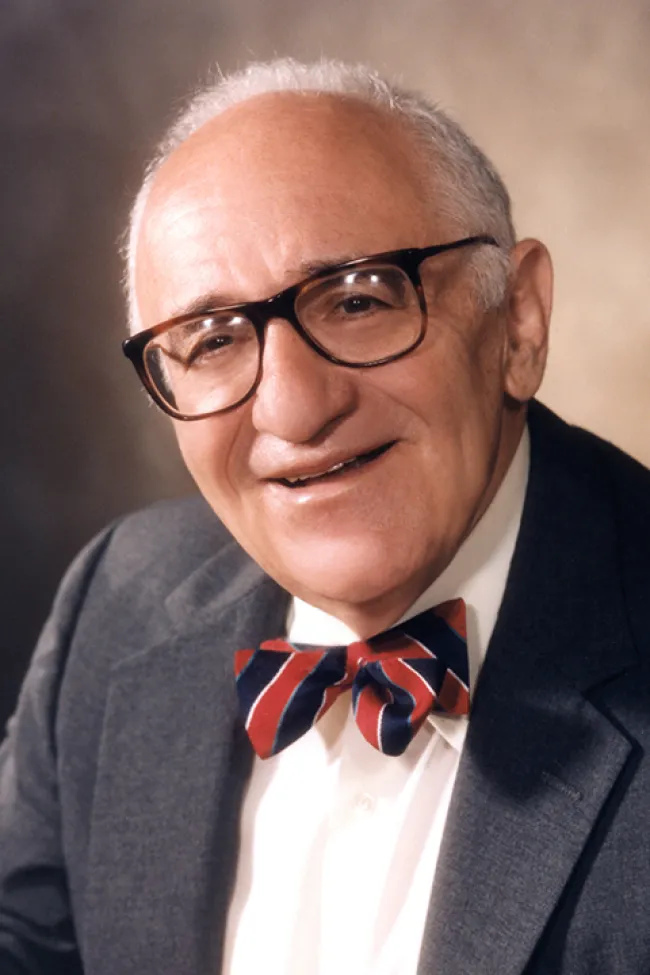- Downloads:
- A New History of Leviathan_2.pdf
The essays in this book reveal how and in what manner the corporate state developed in twentieth-century America. They show how a sophisticated group of large corporate reformers managed to replace a freely competitive economy and make a new governing class, through the use of reform mechanisms to mold the government into a mighty instrument of monopolization and cartelization.
From Theodore Roosevelt to Woodrow Wilson to Franklin D. Roosevelt to their corporate backers, down to the intellectuals who forged theoretical apologia for the new corporatism, these essays show how these sophisticated corporatist reformers sought to stifle the fierce winds of competition and to achieve what James Weinstein has called the “stabilization, rationalization and continued expansion” of the new political economy.

No content found

Murray N. Rothbard made major contributions to economics, history, political philosophy, and legal theory. He combined Austrian economics with a fervent commitment to individual liberty.
Murray Rothbard recounts how during the French and Indian War (1754–63), Americans continued the great tradition of trading with the enemy.
"A truly free market is totally incompatible with the existence of a State, an institution that presumes to 'defend' person and property by itself subsisting on the unilateral coercion against private property known as taxation."
"America, above all countries, was born in an explicitly libertarian revolution, a revolution against empire; against taxation, trade monopoly, and regulation; and against militarism and executive power."

